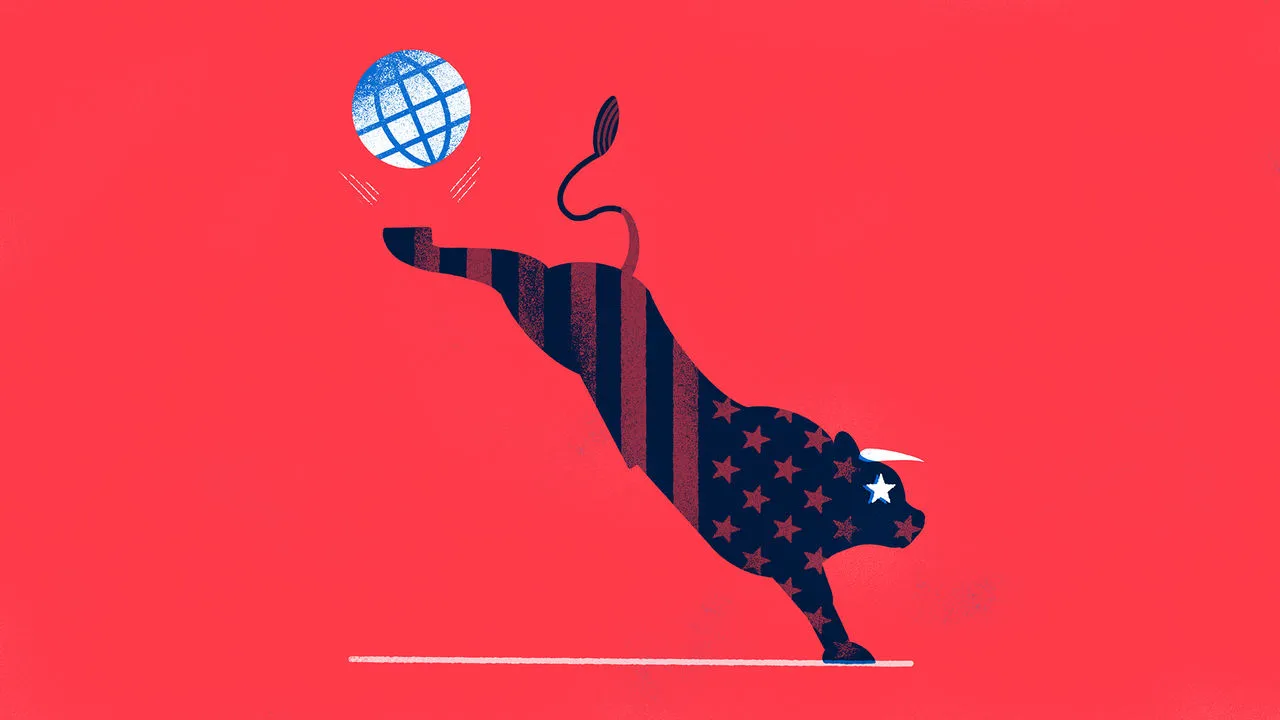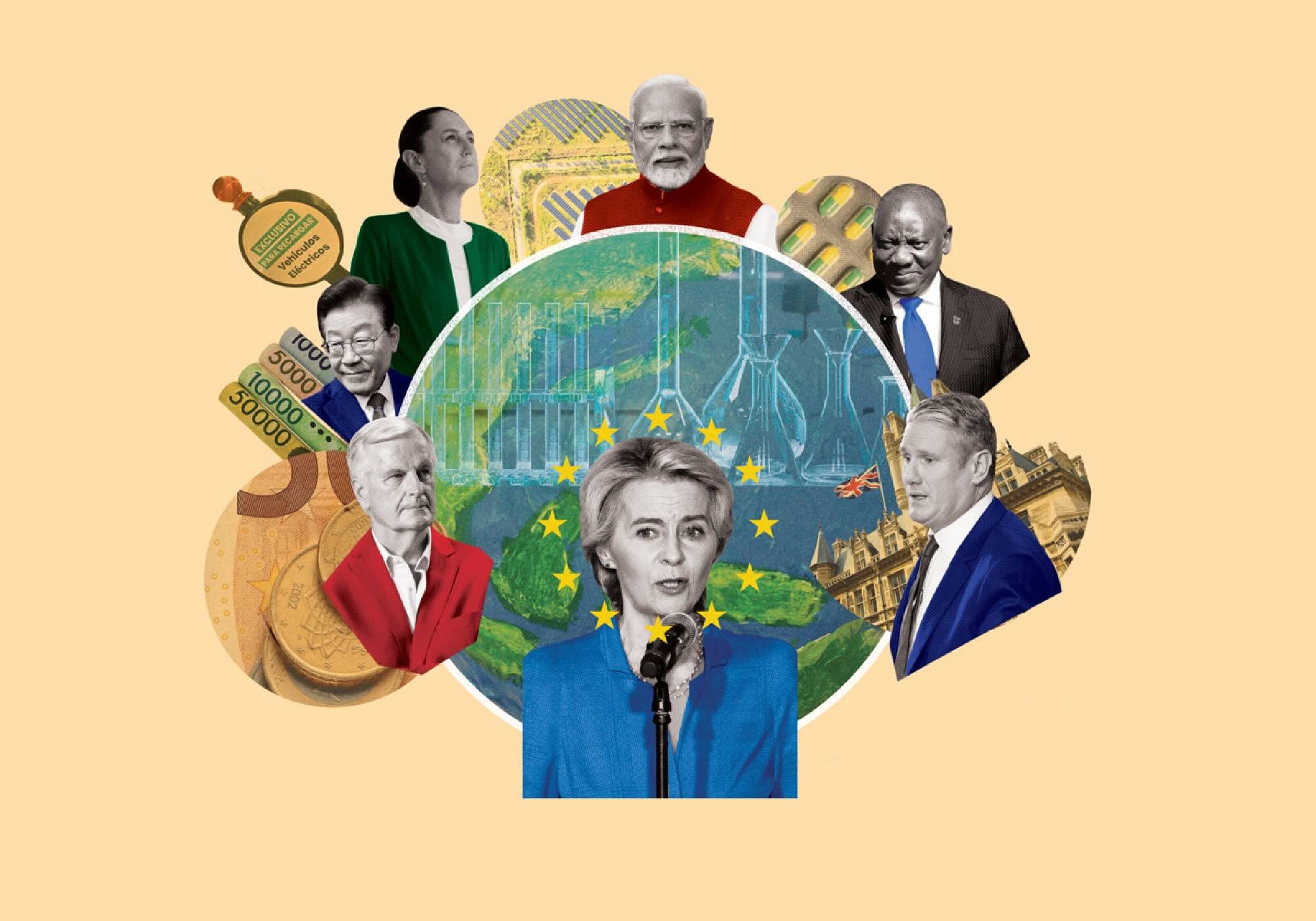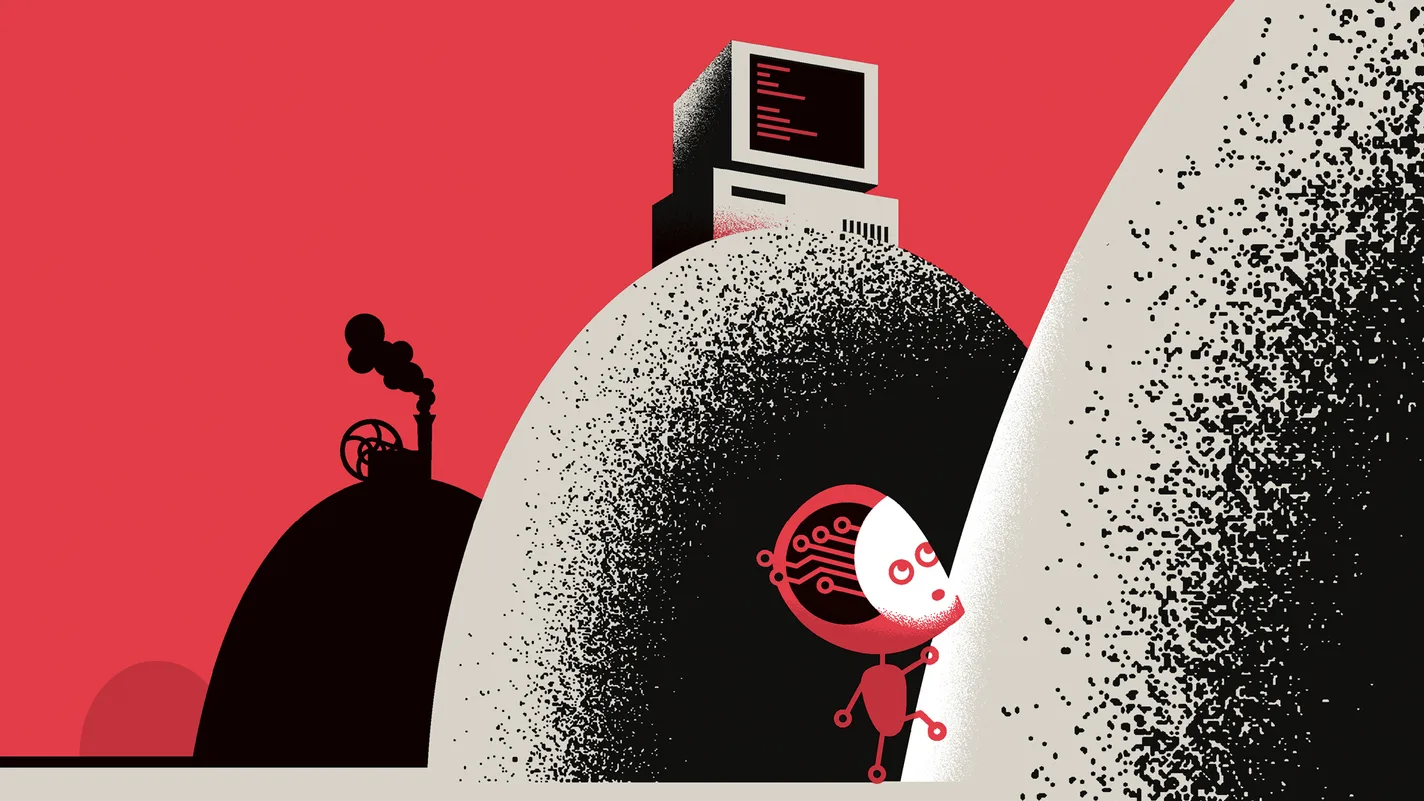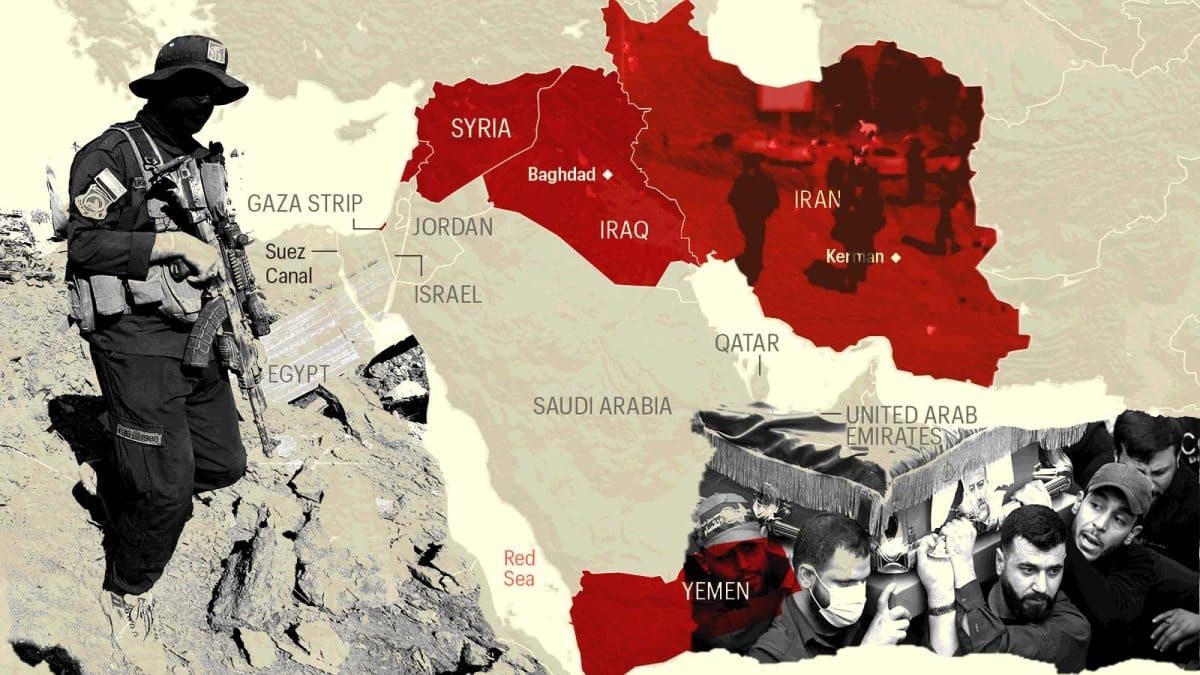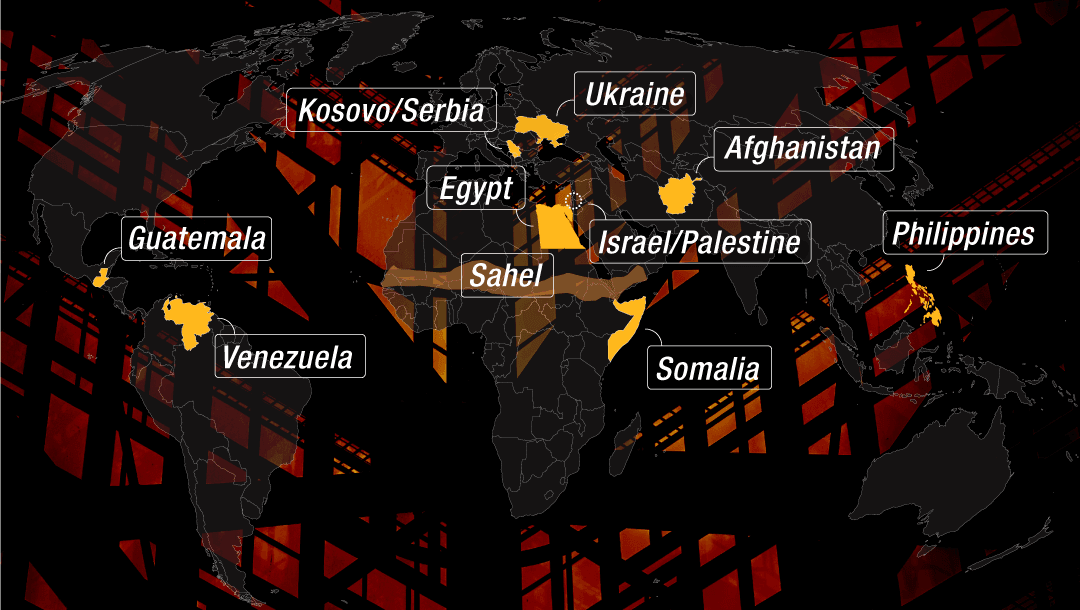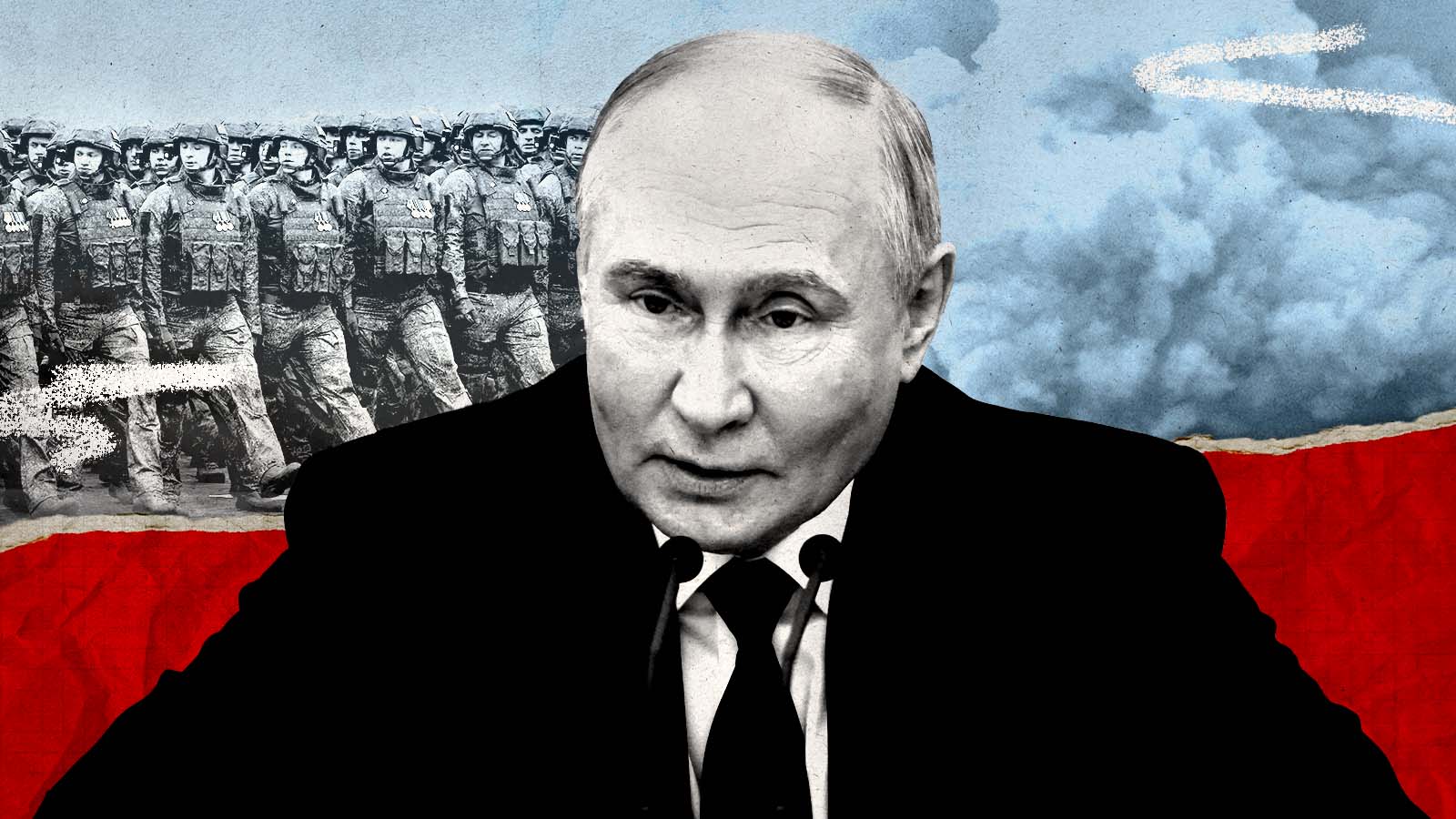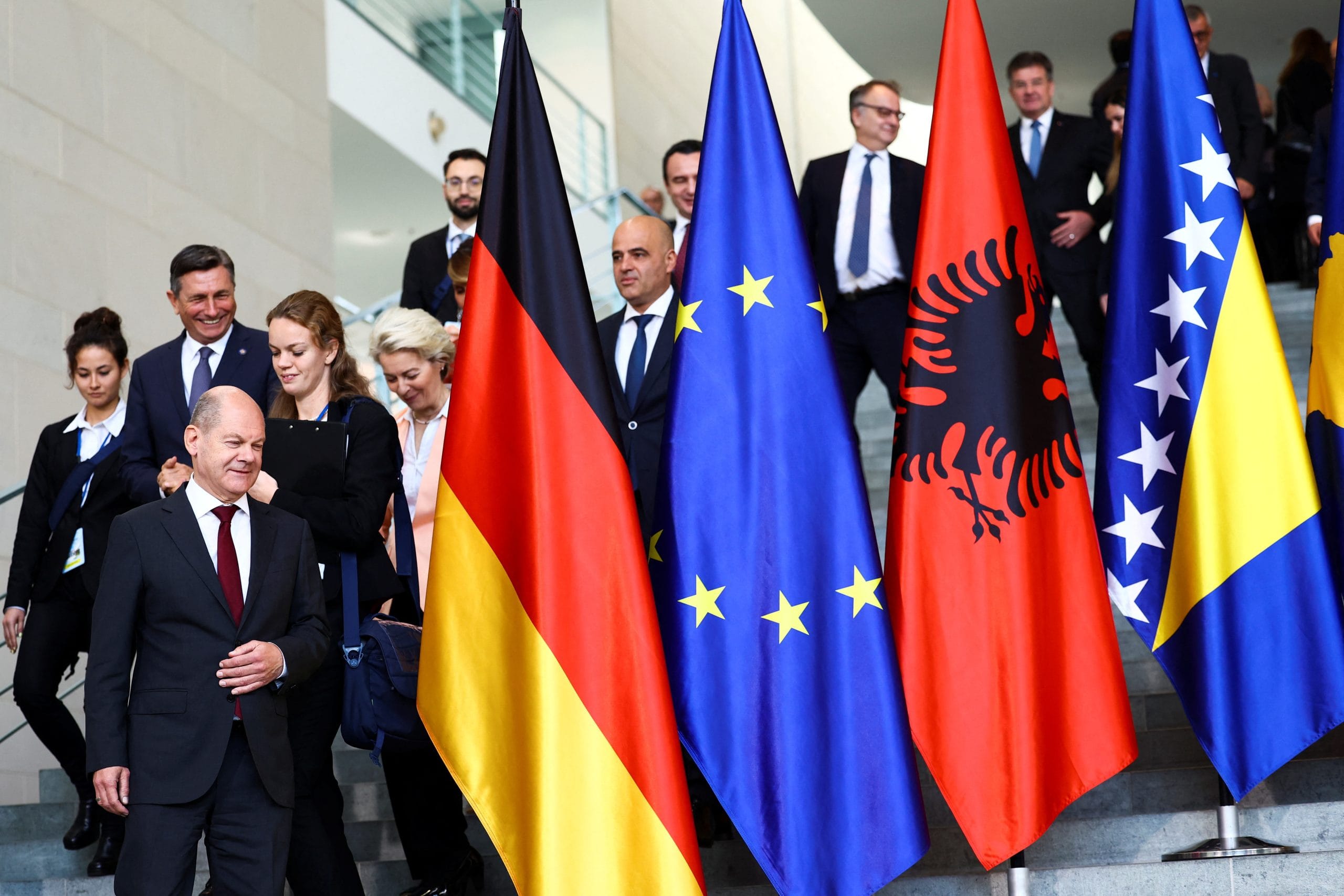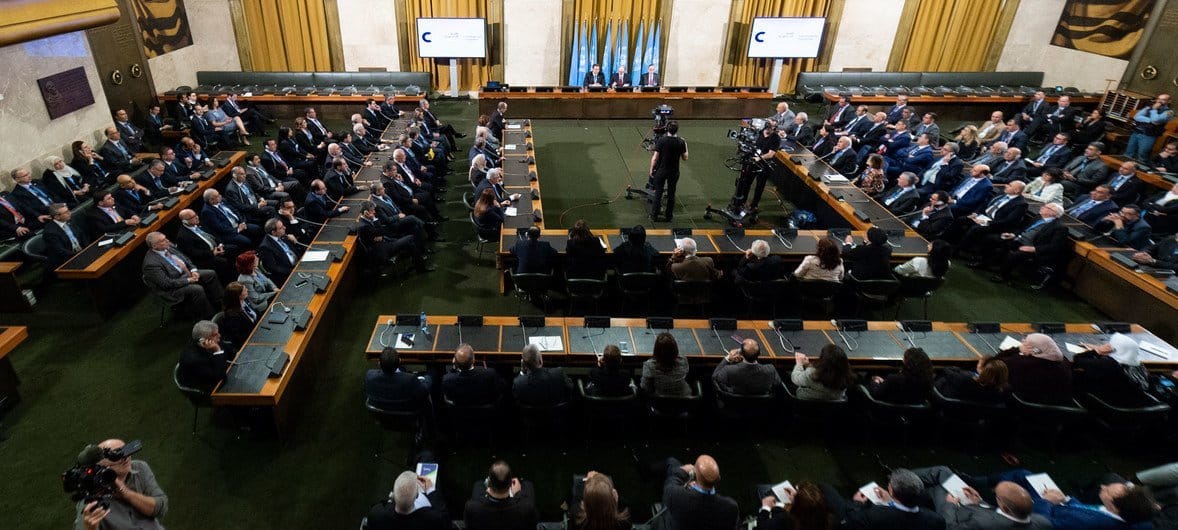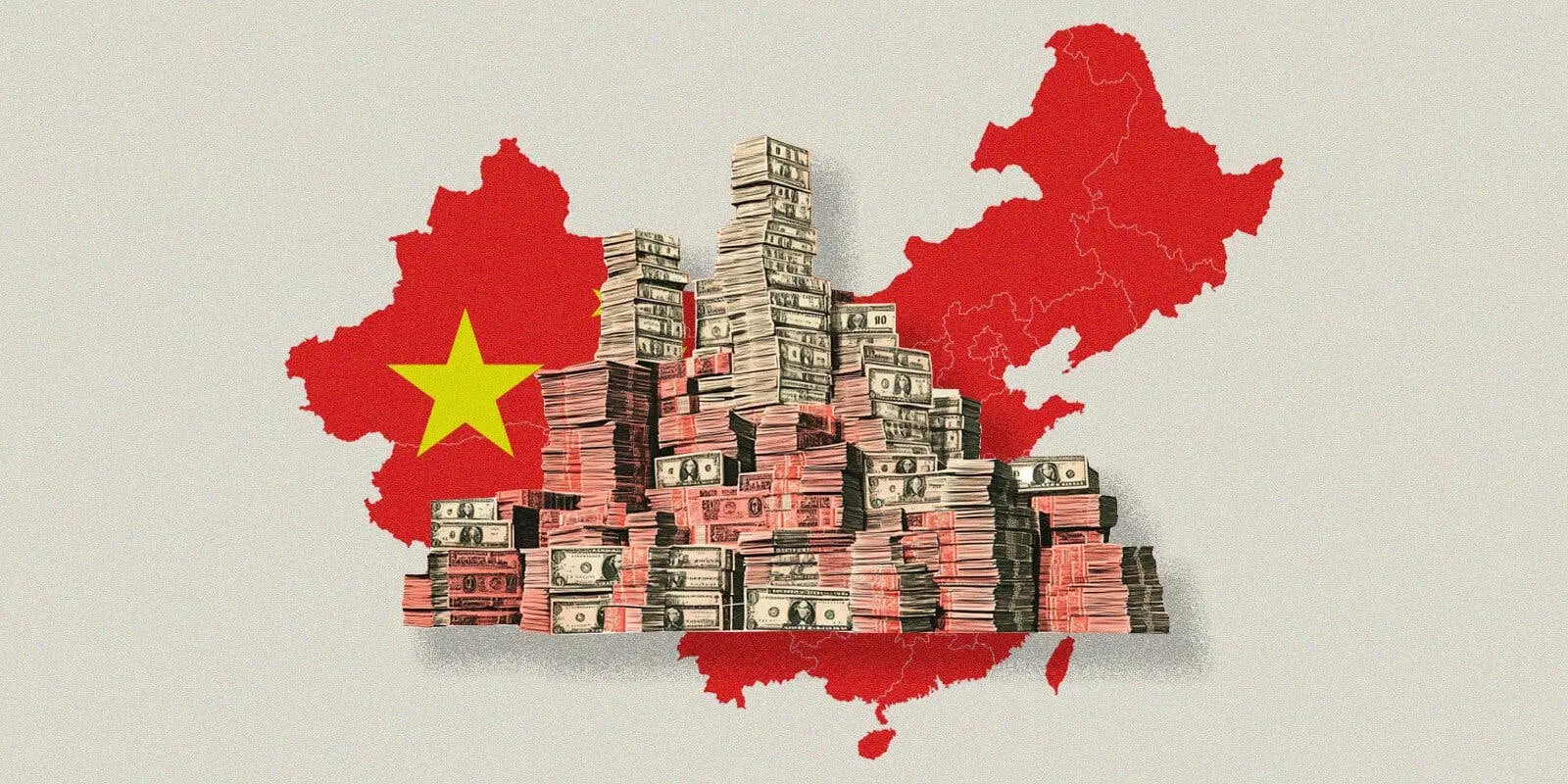By the start of 2024 high inflation had forced the Federal Reserve to raise interest rates to 5.5% – their highest level for more than two decades. Many expected America to have a recession. Instead, its economy has boomed. In the third quarter it grew by 2.8% year on year – a full percentage point more than forecast in July. America’s unemployment rate is around 4%, well below the average of the past 30 years. And inflation is finally coming down. Output per person is 40% higher in America than in Western Europe and Canada and 60% higher than in Japan.
Category: World Brief
The Biggest Election Surprises this Year
Donald Trump’s first presidential win, in 2016, was shocking. His victory in 2024, was even more extraordinary. It came after he had incited his supporters to try to violently overturn the result of the 2020 election. He then had to weather about 90 felony indictments. In April 2024 he became the first former president to stand in a criminal trial. Drama in the courtroom aside, by early summer the presidential contest seemed almost dull. Trump easily secured the Republican nomination and held a clear lead over his 81-year-old Democratic opponent, Joe Biden.
Artificial Intelligence: Thriving or Teetering?
The artificial intelligence (AI) industry was caught between euphoria and caution. Alphabet (Google), Amazon, Meta and Microsoft raced to invest, spending nearly $200 billion on AI infrastructure. Nvidia, the leader in AI-chip production, reaped gigantic rewards. Sales of such chips are expected to have doubled in 2024, driving its valuation to nearly $3.4 trillion. Demand for AI servers surged: firms such as Dell and HPE reportedly doubled their sales. But cracks began to show. The soaring energy costs of training and running generative AI models raise questions about long-term economic viability.
Israel’s Ceasefire in Lebanon and Iran’s Next Move
Iran analysts live by two core assumptions: that the country wants to fight Israel through proxies, rather than directly, and that it doesn’t want all-out war. Both now look fragile. Iran launched missiles at Israel in April and October, both in retaliation for Israeli attacks. Most of the missiles were intercepted. But now Iran appears weaker: Israeli strikes on Iranian military facilities on October 26th struck a blow to its defences and its strategy. And the killing of Hizbollah’s top ranks dealt a blow to the “axis of resistance”, a group of militias backed by Iran.
AI earn its Developers a Nobel Prize in Chemistry
It has been a big year for artificial intelligence models. For the first time ever, insights enabled by an AI model were deemed sufficiently significant to earn its developers one of the highest accolades in science: the Nobel prize in chemistry. The award jointly honoured the use of AI for protein-structure prediction and protein design. Innovations that underpin machine learning, meanwhile, were awarded the physics prize. Geoffrey Hinton, one of the winners, mused that by assisting mental labour, generative AI might have as big an effect on society as the industrial revolution did by assisting physical labour.
2024 in Review: A Roundup of all Ongoing Conflicts
In April 2023 civil war broke out between Sudan’s national army and the Rapid Support Forces, a paramilitary group. The conflict has caused a catastrophic humanitarian crisis: so far almost 30% of the country’s pre-war population of 50 million has been displaced. As 2024 began the RSF appeared to have upper hand. It had taken over much of Khartoum, the capital. Meanwhile almost all of Darfur, in the west, was under its control, though the army clung on to el-Fasher, the regional capital. The RSF’s leader, Muhammad Hamdan Dagalo even embarked on a triumphant tour of African capitals.
This Year, Putin’s Way
On Thursday Vladimir Putin hosts his annual press conference, in which he answers softball questions about the year’s achivements at great length. Russia’s president may be cheerful. His forces continue to progress in eastern Ukraine, albeit at a cost of many men. And Donald Trump’s victory might provide a boon. Many people think he will keep his promise to end the war swiftly by imposing a bad deal on Ukraine. Still, the Russian president has plenty of problems.
EU Ambitions in the Western Balkans
On Wednesday leaders from the six western Balkan countries hoping to join the European Union meet their counterparts from the bloc’s member states. They will discuss the EU’s “growth plan”, which aims to absorb the countries into individual aspects of the union, such as its single market, before they become full members. The region’s accession process began in 2003 but has generally slowed. Bulgaria, already an EU member, is blocking North Macedonia; Serbia’s dispute with Kosovo, its former province, hampers the accession of both; and Bosnia’s Serb leadership is more interested in destroying Bosnia-Herzegovina as a state than joining the EU.
Post-Assad, Rebels Set to Represent Syria at the UN
On Tuesday, the UN Security Council publicly discusses Syria for the first time since the fall of Bashar al-Assad. Eyes will be on the Syrian delegation, appointed by the Assad government but thus far kept in post, and the old regime’s ally, Russia. The Kremlin’s diplomats are said to be co-operative; Russian media now call Hayat Tahrir al-Sham, the dominant rebel force, an “armed” rather than a ‘terrorist’ group. Nevertheless, America is wary of letting Russia use its veto power to shape the transition to its liking.
China Promised to Vigourously Boost Consumption
After their annual Central Economic Work Conference, which finished on Thursday, China’s leaders promised to “vigourously” boost consumption. New economic figures released on Monday will illustrate the size of the task ahead of them. Retail sales probably grew by about 4.5 percent in nominal terms in November, compared with a year earlier. That would be slower than the previous month, which was boosted by an early start to the “Singles’ Day” shopping festival. Consumer-price inflation, which has already been released, was only 0.2 percent, another symptom of weak spending.
